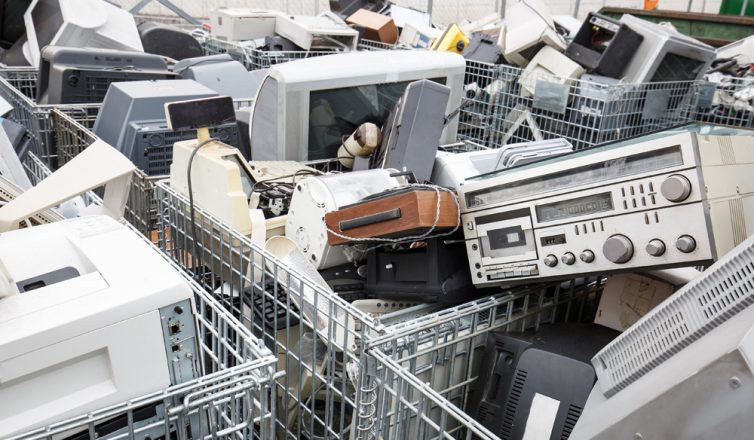Recent universal waste enforcement actions in California have resulted in multi-million dollar penalties. It is time to evaluate your universal waste management practices.
California Attorney General & County District Attorneys Enforce Compliance
The California Attorney General and county district attorneys have filed, and will continue to file, lawsuits for alleged hazardous and universal waste violations by large companies with many facilities statewide. The lawsuits follow “dumpster diving” by state and local enforcement agents to investigate any inappropriate waste management or disposal practices. With penalties ranging from a minimum of $25,000 to $100,000 per day, per violation, these lawsuits have resulted in multi-million dollar settlements. Most notably: Walmart ($27.7 million), Target ($22.5 million), Walgreens ($16.6 million), Rite Aid ($12.3 million), CVS Pharmacy ($13.8 million), and Lowe’s Home Centers ($18.1 million). Recent U.S. Securities and Exchange Commission filings by Comcast, Time-Warner Cable, DirecTV and AT&T indicate that these investigations and lawsuits are now targeting the telecommunications industry.
So what exactly is universal waste? How must universal waste be managed in order to avoid being the next target of investigation?
Universal waste is a subset of hazardous waste that, if properly managed, is subject to a less rigorous regulatory program. However, if not properly managed, universal waste remains classified as, and regulated as, hazardous waste.
California regulates the following seven waste categories as universal waste:
- Batteries, including rechargeable nickel-cadmium batteries, silver button batteries, mercury batteries, alkaline batteries, lithium ion batteries and other batteries that exhibit hazardous waste characteristics with some exceptions, such as automotive lead-acid batteries that are managed as hazardous waste;
- Electronic devices, including televisions, computer monitors, computer peripherals and processing units, cellular phones, telephones, answering machines, radios, stereo equipment, VCRs, compact disc players and DVD players;
- Mercury-containing equipment, such as thermostats, thermometers, light switches, dental amalgam, pressure or vacuum gauges, counterweights and dampers, mercury-added rubber flooring and novelties such as jewelry, ornaments and footwear;
- Lamps, including florescent and compact florescent lamps and tubes, high intensive discharge lamps, sodium vapor and electric lamps that contain mercury;
- Cathode ray tubes (“CRT”) removed from televisions, computer monitors and other displays; CRT glass, which are CRTs that are broken or processed for recycling; and, Aerosol cans that are not emptied.
Universal Waste Handlers
A person or facility that generates universal waste or accumulates universal waste from others is regulated as a universal waste handler. Handlers are required to notify and obtain a facility identification number from either the California Department of Toxic Substances Control (“DTSC”) or the U.S. Environmental Protection Agency (“EPA”), depending upon the amount of universal waste that will be accumulated at the facility. Handlers must also submit an annual report to DTSC tracking the electronic devices, CRTs and CRT glass accumulated at the facility, if those items exceed 100 kg (220 lbs.) collectively in a year.The universal waste regulations differ from hazardous waste regulations by allowing universal waste to be accumulated by a handler for up to one year, provided the start date is tracked through an inventory system or through labeling. Universal waste handlers and transporters may also utilize bills of lading or other documents to track universal waste shipments, rather than being required to complete hazardous waste manifests that must be reported to DTSC. Handlers are required, however, to maintain records of employee training and universal waste shipments for three years and make those records available to DTSC upon request.
Federal Regulations
Households and generators of less than 100 kg (220 lbs.) of federally regulated hazardous waste (including universal waste) per month are not required to obtain an identification number, submit annual reports, label universal waste or track shipments. These exempt entities, however, cannot dispose of or otherwise treat universal waste. All universal waste must be sent to a handler or transporter, a destination facility or a household hazardous waste collection program.
Department of Justice Settlement
Conclusion
In light of the significant penalties imposed for universal waste violations, we encourage any business that manages universal waste to audit its current management practices. Please let us know if we can help evaluate your current management practices, and assist in developing proper waste management and reporting, employee training, and record-keeping programs.

